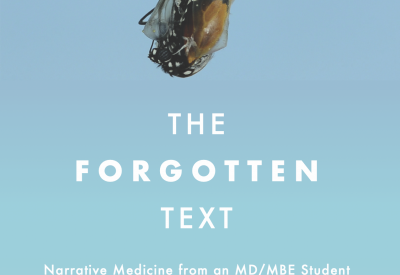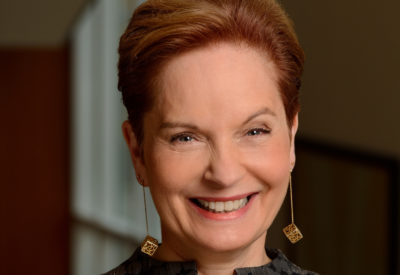The Berman Institute leads efforts to create substantive educational experiences in clinical ethics for medical students, nursing students, residents, and other clinicians.
Medical Students
Berman Institute faculty members lead parts of the Johns Hopkins School of Medicine curriculum, which integrate themes of Ethics and Professionalism, Communication, and Cultural Competence throughout the four-year medical school curriculum. These themes are integrated into Selectives and Workshops within preclinical courses, small group sessions that introduce case-based analysis, medical/legal issues when students are transitioning from the classroom to clinical settings, and experiential learning of specific topics within clinical rotations. The Healer’s Art course for first year medical students includes a curriculum to help medical students identify, strengthen, and cultivate the human dimensions of the practice of medicine. Berman faculty also direct a first-year medical student Scholarly Concentrations course and offer a concentration in Ethics and the Art of Medicine.
Nursing Students
All Masters of Nursing students take a core course focused on the philosophical, theoretical, and ethical aspects of advance practice nursing. This course provides students with a foundation of ethical practice in nursing, offers a survey of key ethical issues in clinical practice, and builds foundational elements of ethical competence. The new Masters Entry Program will incorporate this core course as well as integrating ethics content throughout the entire curriculum including new seminars focusing on key clinical ethics topics.
Interns, Residents and Fellows
Berman Institute faculty members are actively involved in ethics education for trainees in the Departments of Medicine at Johns Hopkins Hospital (JHH) and Johns Hopkins Bayview Medical Center (JHBMC), Pediatrics, Surgery, Obstetrics and Gynecology, Neurology, Neurosurgery, Ophthalmology, and Child and Adolescent Psychiatry. These efforts reach approximately 60% of all residents at Johns Hopkins. The Berman Institute also helps train fellows with interests in clinical ethics through its Hecht-Levi Fellowship Program and the Starkey Fellowship.
Clinicians
Each JHBMC monthly Ethics for Lunch conference session attracts 60–70 attendees drawn from the entire hospital community: physicians, medical students, nurses, social workers, chaplains, etc. They participate in discussion about an important clinical ethics issue. This model will soon be expanded to the JHH. Berman Institute faculty members also lead ethics rounds on selected clinical units.
Bioethics Intensives
The Berman Institute offers non-degree, short-form courses in bioethics each June through the Berman Institute Bioethics Intensives (BI2) program. BI2 courses are open to all and provide an engaging interactive learning opportunity to anyone interested in exploring bioethics. The courses focus on both theoretical and applied aspects of bioethics, including clinical ethics, so they are of practical value to medical, legal, and policy professionals, as well as researchers, scholars, and students.






